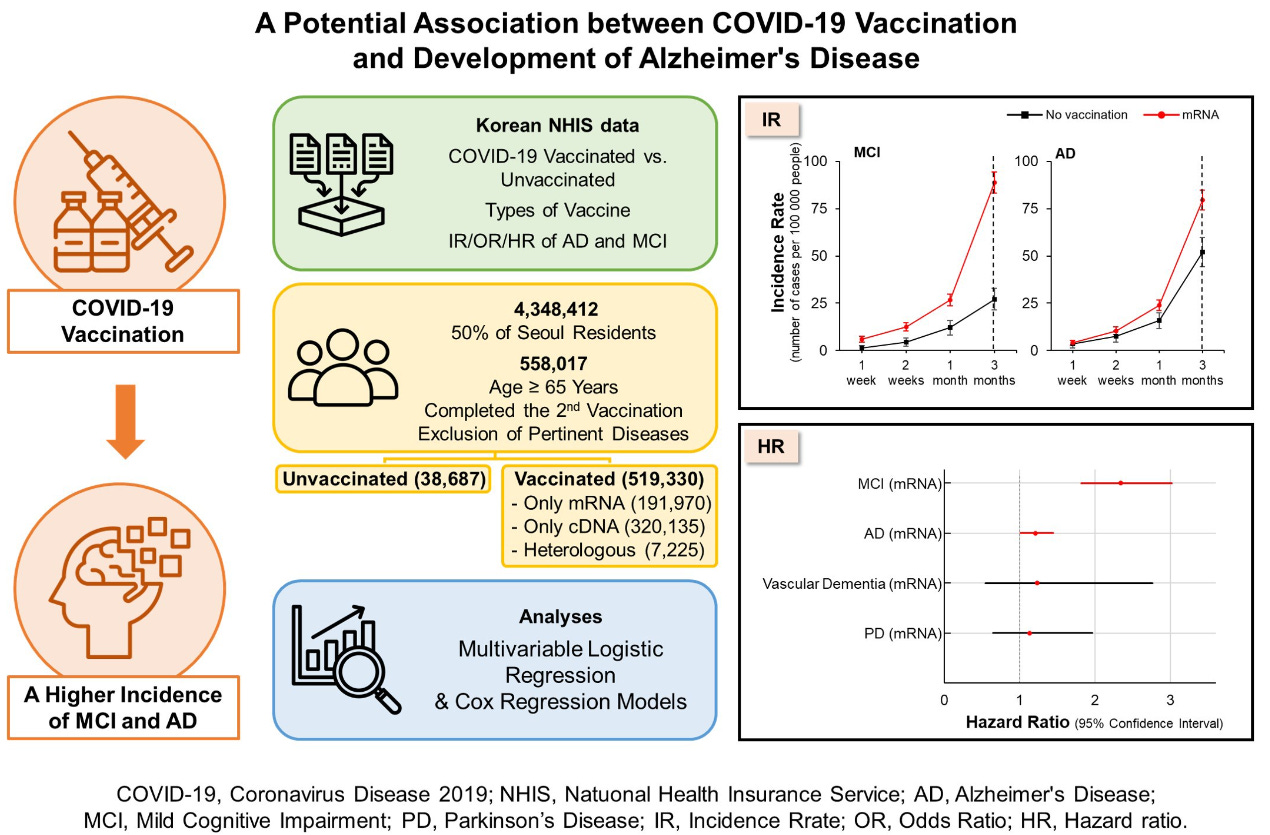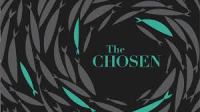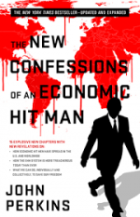Doctors shocked, Covid vaccines make people clinically demented or cognitively impaired
* Nurses and EMTs expose Covid injection holocaust (vid)
* Japan’s most senior cancer doctor: Covid shots are “essentially murder” (vid)
https://www.aussie17.com/p/japanese-neuroscientist-dr-hiroto (vid)
In a recent episode of Masako Ganaha’s Channel posted on June 16th, 2024, Professor Dr. Hiroto Komano, a renowned neuroscientist and professor in the Department of Neuroscience at the Faculty of Pharmaceutical Sciences, Iwate Medical University, shared his serious concerns about the link between COVID-19 vaccination and a increase in dementia cases.
Dr. Komano has an impressive academic pedigree. After graduating from the Faculty of Pharmaceutical Sciences at the University of Tokyo, he served as an assistant at the university and held research positions at Stanford University and the University of Michigan Medical School in the United States. He also served as a laboratory director at the National Center for Geriatrics and Gerontology in April 2007. His primary research focuses on understanding the molecules involved in the onset and prevention of Alzheimer’s disease.
During the interview, Dr. Komano talked about a study from South Korea, recently published in the International Journal of Medicine by Roh et al. on May 28, 2024. This study is highly notable because it looked at the health data of a whopping 519,330 people who got two doses of the COVID-19 vaccine. and they compared these vaccinated individuals to about 38,687 people who didn’t get the vaccine. This is one of the biggest studies of its kind so far, making its findings incredibly significant.

Dr. Komano highlighted several troubling findings: Firstly, it showed that the incidence of mild cognitive impairment (MCI), an early stage of dementia, more than doubled among the vaccinated individuals compared to those who were not vaccinated. Furthermore, within three months post-vaccination, the number of vaccinated people who developed dementia, including Alzheimer’s disease, increased by over 20% compared to the unvaccinated individuals.
He emphasized the concerning rise in dementia cases, stating, “An increase in dementia would be disastrous. The elderly who survive but are left with a higher risk of developing dementia.” Currently, “one in five people over the age of 65 already have dementia.” The situation could worsen dramatically, with Dr. Kamano cautioning, “This means it could become two in five people.” If vaccination continues unchecked, the number of dementia cases will only rise, posing a significant public health challenge.
In addition to the findings on the potential link between COVID-19 vaccination and dementia, Dr. Komano expressed grave concerns about the broader implications of administering such vaccines. He warned, “Administering this vaccine, whether it’s a COVID-19 vaccine or a replicon vaccine, leads to weakened immune systems due to the induction of IgG4, and people die from other diseases.” Dr. Komano also highlighted the potential detrimental effects on children and birth rates.
Criticizing the experimental nature of the COVID-19 vaccine, Dr. Komano expressed his belief that the risks associated with the vaccine are considerable. He warned that dementia cases are likely to increase significantly if vaccination continues, especially among the elderly. Dr. Komano stressed the importance of further research to understand the long-term effects of the vaccine on cognitive health.
Dr. Komano also highlighted the critical need to investigate the issue of vaccine/spike protein shedding, expressing profound disbelief at the current situation: “None of this has been properly studied, and yet they are developing the next replicon (mRNA) vaccine. It’s unbelievable that they’re also developing other vaccines with messenger RNA.“
Joining the discussion, eminent molecular biologist Dr. Hiroshi Arakawa highlighted the systemic issues in the research community. He pointed out that for many researchers, the focus is on securing funding and career advancement, which often means avoiding topics that don’t attract monetary support or lead to high-profile publications. He noted, “Moreover, making such announcements can get researchers reprimanded by their institutions,” drawing parallels to a recent incident in the Netherlands where the Princess Maxima Centre attempted to censor and reprimand the lead author of a BMJ article that urged governments to explore potential mRNA gene therapy harms.
Reflecting on the broader implications, Dr. Komano added that these issues are symptomatic of deeper problems in the scientific community. “That’s how things have turned out. That’s the reality we’re facing. There must be a reason why this hasn’t been thoroughly investigated,” he noted. He elaborated on the pressures within academia, explaining that the quantity and quality of publications are crucial for career progression. However, research into less lucrative but significant areas, like vaccine shedding, often goes unfunded and unnoticed. “Writing such papers that no one reads is pointless. No funding is provided either. So they don’t conduct this research,” he said. Both doctors underscored the urgent need for a shift in research priorities to address these significant and potentially harmful issues, despite current systemic barriers.
The entire 2-hour discussion between Dr. Komano and Dr. Arakawa, covering a wide range of topics related to mRNA and replicon mRNA vaccines, is available on Masako Ganaha’s channel. I will provide an update in a separate post once I have completed and added English subtitles to the entire discussion. Please remember to subscribe to get an update!













































